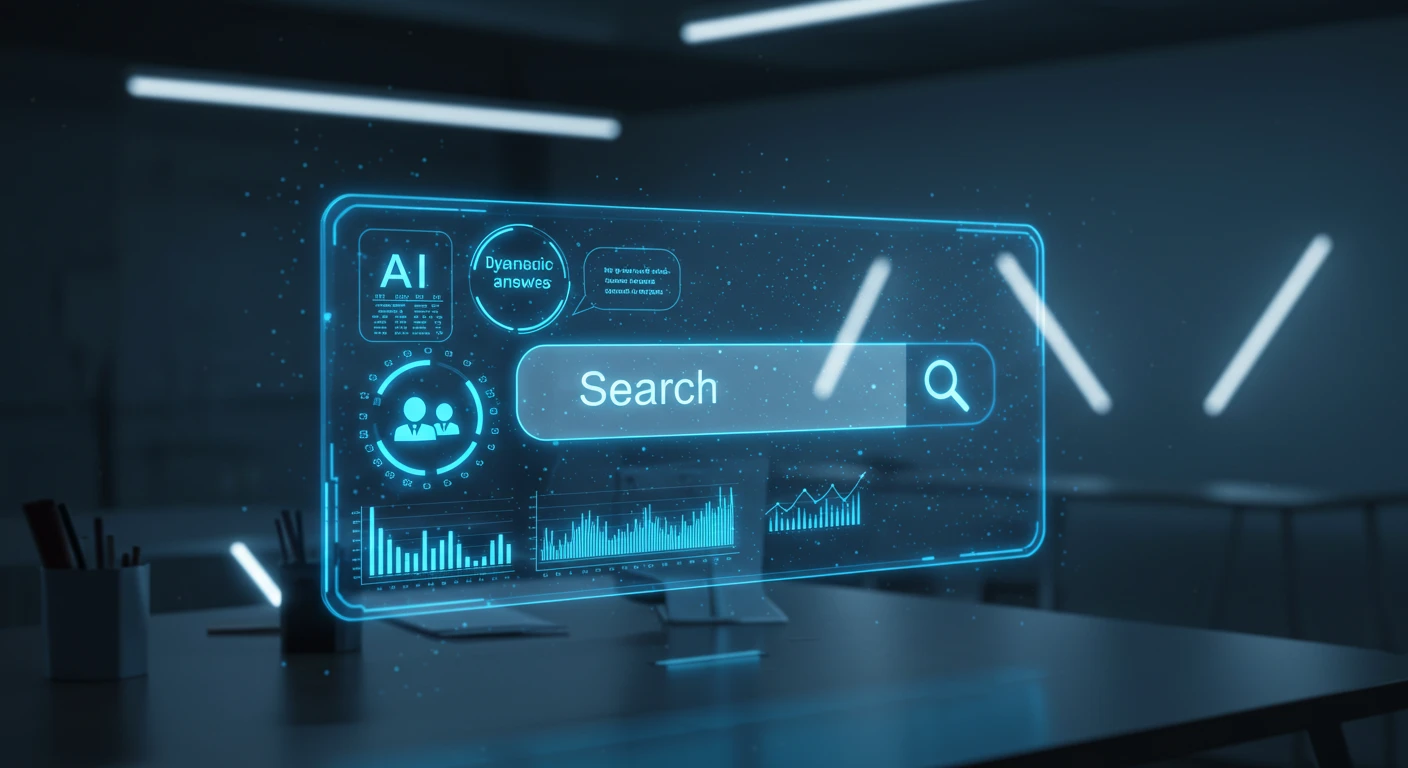Table of Contents
Introduction: Why AI Search Engines Matter
For decades, search engines like Google shaped how we access information. But in 2025, a new wave is here: AI search engines. Unlike traditional search engines that deliver links, AI search engines summarize, explain, and personalize results.
Instead of sifting through 10 blue links, users now get direct, conversational answers tailored to their intent. The shift is as significant as when Google replaced Yahoo — only faster.
What Are AI Search Engines?
An AI search engine is a platform that uses artificial intelligence and large language models (LLMs) to deliver results in natural language.
Rather than just crawling and indexing web pages, these engines:
- Understand intent behind queries.
- Generate summaries instead of raw links.
- Personalize results based on context, history, and preferences.
How AI Search Engines Work
They combine several layers of technology:
- Natural Language Processing (NLP): Understands questions in plain language.
- Large Language Models (LLMs): Generates conversational responses.
- Knowledge Graphs: Ensures factual accuracy.
- Search + Generative AI: Blends web indexing with AI-written summaries.
Key Features of AI Search Engines
- Conversational Answers: Human-like responses instead of lists.
- Context Awareness: Knows follow-up questions and maintains dialogue.
- Source Transparency: Provides citations and links for credibility.
- Multimodal Search: Supports text, voice, and sometimes images.
- Personalized Experience: Learns from user interactions for tailored results.
Popular AI Search Engines in 2025
Perplexity AI
Known for concise, cited answers, Perplexity blends AI conversation with reliable sources.
You.com
Positions itself as a search assistant with apps and integrations.
Neeva AI
Subscription-based, privacy-first AI search with ad-free results.
ChatGPT Search Integrations
Models like GPT-5 now connect to the web, making AI assistants search-capable in real time.
Benefits of AI Search Engines
- Save time with summarized answers.
- Reduce misinformation with cited sources.
- Offer personalization that feels more human.
- Enable multimodal input (ask by text, voice, or even an image).
Challenges & Limitations
- Accuracy Issues: AI may hallucinate or misinterpret queries.
- Bias & Transparency: Results depend on training data.
- Privacy Concerns: Storing user preferences raises ethical questions.
- Ad Business Models: Unclear how monetization will evolve.
AI Search Engines vs. Traditional Search Engines
- Traditional: Provide lists of links based on keywords.
- AI Search Engines: Generate summarized answers with context, citations, and personalization.
Example:
- Search “best AI tools for startups.”
- Google: 10 blog posts and ads.
- Perplexity: A summary of top tools, direct links, and a ranked list with pros and cons.
The Future of AI-Powered Search
By 2030, AI search engines could replace traditional search completely, evolving into personal digital research assistants. They’ll not only find information but also:
- Draft emails from research.
- Suggest business strategies.
- Translate findings into multiple formats (reports, slides, summaries).
Final Thoughts & CTA
AI search engines are more than tools — they’re reshaping how we access knowledge. The shift from links to answers is redefining productivity and learning.
📌 Want to dive deeper into AI tools shaping the future of tech?
👉 Explore more at Encyclotech.
Stay connected for weekly updates, pins, and expert takes on emerging tech.
→ Twitter | Pinterest | Bluesky | Medium

